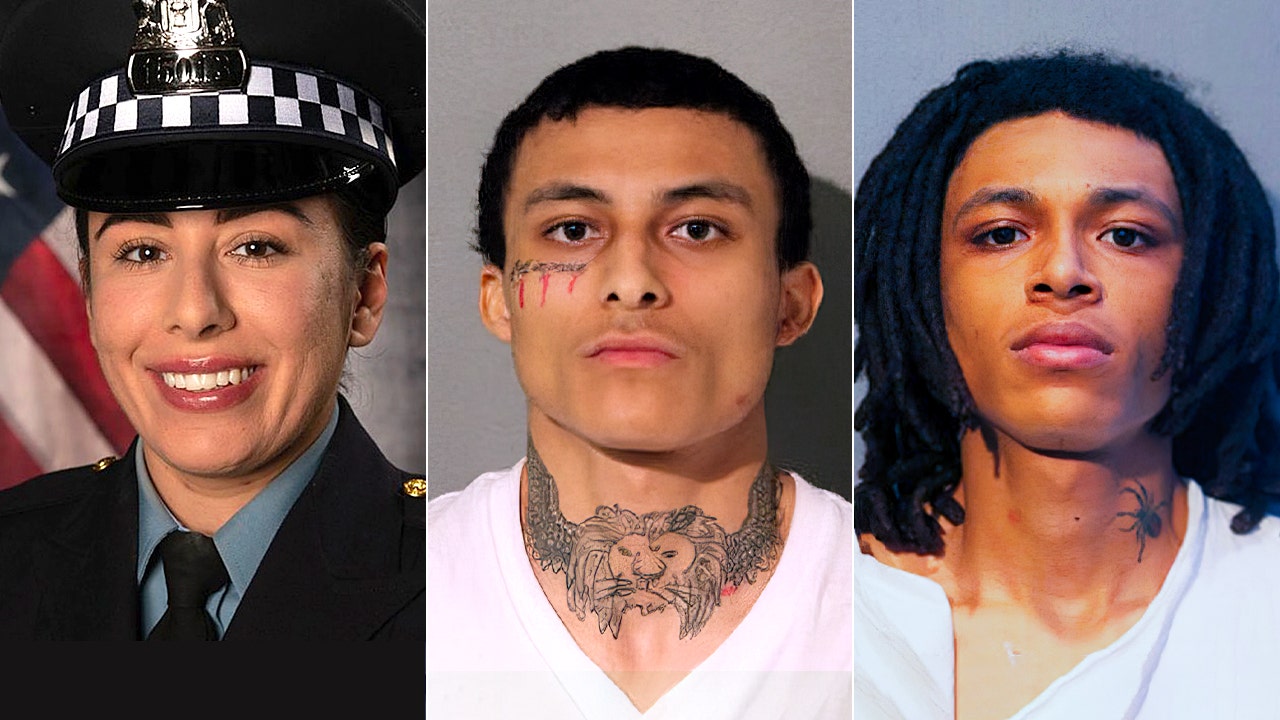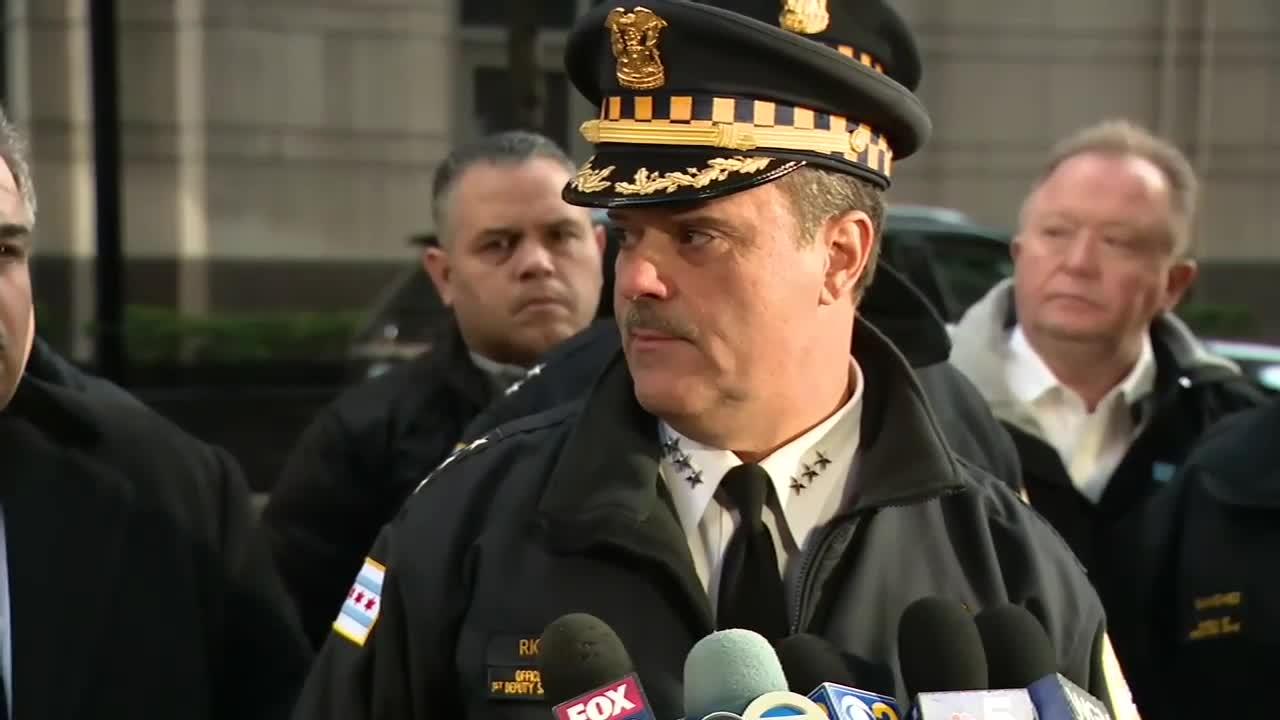Let me start by saying this: the phrase "to kill a cop" carries heavy implications and raises important discussions about society, law enforcement, and the justice system. It's not just a string of words—it represents deep-rooted issues that need to be addressed openly and honestly. In today's world, where tensions between communities and police forces are at an all-time high, understanding the context behind this phrase is more important than ever.
Now, I know what you're thinking—"why even talk about something so controversial?" Well, here's the thing: ignoring it won't make it go away. The phrase "to kill a cop" has been used in various contexts, from movies to music, and even in real-life situations. But what does it really mean? Is it just a dramatic expression, or does it reflect deeper societal problems?
Before we dive into the nitty-gritty, let's set the stage. This isn't about taking sides—it's about having an open and honest conversation. We're going to explore the history, the context, the controversies, and most importantly, the solutions. Because at the end of the day, we all want to live in a world where everyone feels safe and respected.
Read also:How To Write A Letter To Erik Menendez A Stepbystep Guide With Heart
The Origins of "To Kill a Cop"
Let's rewind a bit and take a look at where this phrase came from. Back in the day, the phrase "to kill a cop" wasn't as taboo as it is now. It started popping up in pop culture, especially in movies and music. Think about those old-school action films where the bad guy always had some sort of vendetta against the police. It was almost like a trope—every villain had to have a beef with the law.
But here's the kicker: the phrase didn't just stay in the world of entertainment. It started seeping into real-life situations, and that's where things got complicated. You see, words have power, and when they're used in the wrong context, they can lead to some pretty serious consequences.
Pop Culture References
Let's break it down a bit further. Movies like "Cop Killer" and songs with similar themes have been around for decades. These works of art often blur the line between fiction and reality. Some argue that they're just expressions of creative freedom, while others see them as dangerous influences on society.
- Movies: Titles like "Cop Killer" and "Bad Boys" have been both praised and criticized for their portrayal of law enforcement.
- Music: Artists like Body Count have used the phrase in their lyrics, sparking debates about freedom of speech versus public responsibility.
- TV Shows: Even in scripted TV, the phrase has been used to create dramatic tension, sometimes at the expense of real-world implications.
The Reality Behind the Words
Alright, let's get real for a second. The phrase "to kill a cop" isn't just a line in a movie or a lyric in a song. In the real world, it can have devastating consequences. We've seen it happen—situations where tensions escalate, and people end up getting hurt. It's not just about the cops—it's about the community as a whole.
Now, I'm not here to sugarcoat things. There are real issues with law enforcement, no doubt about it. But throwing around phrases like "to kill a cop" doesn't help anyone. It just adds fuel to the fire and makes it harder for people to come together and find solutions.
Statistics and Facts
Let's look at some numbers. Did you know that police officers are more likely to die in the line of duty than in any other profession? And yet, the phrase "to kill a cop" continues to be used in ways that undermine the very people who are supposed to protect us.
Read also:Joanna Gaines Peppermint Bark A Sweet Holiday Treat With A Shabby Chic Twist
- According to the FBI, in 2020, there were 43 officers killed in the line of duty.
- A study by the National Law Enforcement Officers Memorial Fund shows that the number of officers killed in ambush-style attacks has been on the rise in recent years.
- Meanwhile, public trust in law enforcement continues to decline, with only 58% of Americans expressing confidence in the police force.
The Role of Media
Here's another thing to consider: the media plays a huge role in shaping public perception. When a phrase like "to kill a cop" is used in headlines or on social media, it can create a narrative that doesn't always reflect reality. It's like that old saying—perception is reality.
Now, I'm not saying the media is out to get anyone. But when sensationalized stories dominate the news cycle, it can be hard for people to see the bigger picture. And that's where the danger lies. We need to be critical consumers of information and look beyond the headlines.
Social Media's Impact
Social media has changed the game in so many ways. On one hand, it gives people a platform to voice their opinions and share their experiences. On the other hand, it can also amplify negative rhetoric and misinformation.
- Tweets and posts using the phrase "to kill a cop" can go viral in seconds, often without context or explanation.
- Online communities can sometimes perpetuate harmful ideologies, making it harder to foster understanding and cooperation.
- However, social media can also be a powerful tool for positive change, as seen in movements like #BlackLivesMatter and #BlueLivesMatter.
Community and Law Enforcement Relations
Alright, let's talk about the elephant in the room. The relationship between communities and law enforcement is complicated, to say the least. There are trust issues, cultural differences, and systemic problems that need to be addressed. But how do we get there?
It starts with communication. Both sides need to be willing to listen and learn from each other. It's not about pointing fingers—it's about finding common ground and working towards a better future.
Steps Towards Improvement
Here are a few things that can help improve relations between communities and law enforcement:
- Community Policing: Programs that encourage officers to engage with the community on a personal level can build trust and understanding.
- Training and Education: Providing officers with better training on de-escalation techniques and cultural competency can make a huge difference.
- Transparency: Holding law enforcement accountable through body cameras and independent investigations can help rebuild trust.
The Legal Implications
Now, let's talk about the legal side of things. Using the phrase "to kill a cop" in certain contexts can have serious consequences. It's not just about freedom of speech—it's about the potential impact on public safety.
In some cases, individuals have faced charges for inciting violence or making threats against law enforcement. The law takes these matters very seriously, and rightly so. After all, words can have consequences, and sometimes those consequences can be life-changing.
Case Studies
Let's look at a couple of real-life examples:
- In 2015, a man in California was arrested for posting on social media about "killing cops." He was charged with making criminal threats and served time in prison.
- In 2017, a group of individuals were investigated for allegedly planning to attack police officers. The case highlighted the dangers of online extremism and the importance of law enforcement intervention.
The Psychological Impact
Here's another angle to consider: the psychological impact of phrases like "to kill a cop" on both officers and the community. Officers who hear these words can experience increased stress and anxiety, which can affect their performance on the job. Meanwhile, community members who witness or hear about such rhetoric can feel unsafe and mistrustful.
It's a vicious cycle, and breaking it requires a concerted effort from everyone involved. We need to focus on healing and reconciliation, rather than division and hostility.
Therapeutic Approaches
Some organizations are taking a proactive approach by offering counseling and support services to both law enforcement and community members. These programs aim to address the underlying issues and promote healing and understanding.
- Peer Support Groups: Officers can connect with colleagues who understand their experiences and provide emotional support.
- Community Workshops: These events bring people together to discuss issues and find solutions in a safe and respectful environment.
- Mental Health Resources: Access to professional counseling can help individuals process their emotions and develop coping strategies.
Moving Forward
So, where do we go from here? The phrase "to kill a cop" has been a part of our cultural lexicon for a long time, but that doesn't mean it has to stay that way. We have the power to change the narrative and create a more positive and productive dialogue.
It starts with education. The more we understand each other's perspectives, the better equipped we are to find solutions. It also means holding ourselves accountable for the words we choose and the actions we take.
Call to Action
Here's what you can do:
- Engage in respectful conversations with people who have different viewpoints.
- Support initiatives that promote community and law enforcement cooperation.
- Stay informed and critically evaluate the information you consume.
Conclusion
To wrap things up, the phrase "to kill a cop" is more than just words—it's a reflection of deeper societal issues that need to be addressed. By understanding its origins, context, and implications, we can work towards a more harmonious and respectful society.
I urge you to take action—whether it's through education, advocacy, or simply being more mindful of the words you use. Together, we can create a world where everyone feels safe and respected.
And remember, the conversation doesn't end here. Keep the dialogue going, and let's work towards a brighter future for all.
Table of Contents:
- The Origins of "To Kill a Cop"
- The Reality Behind the Words
- The Role of Media
- Community and Law Enforcement Relations
- The Legal Implications
- The Psychological Impact
- Moving Forward
- Conclusion


